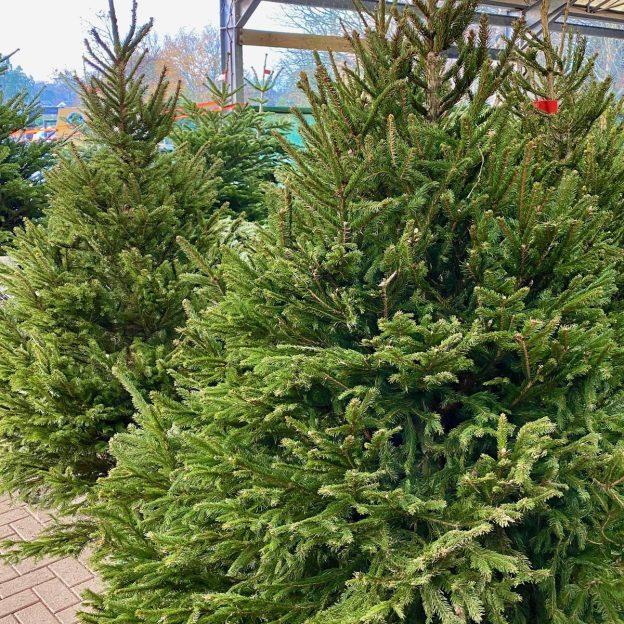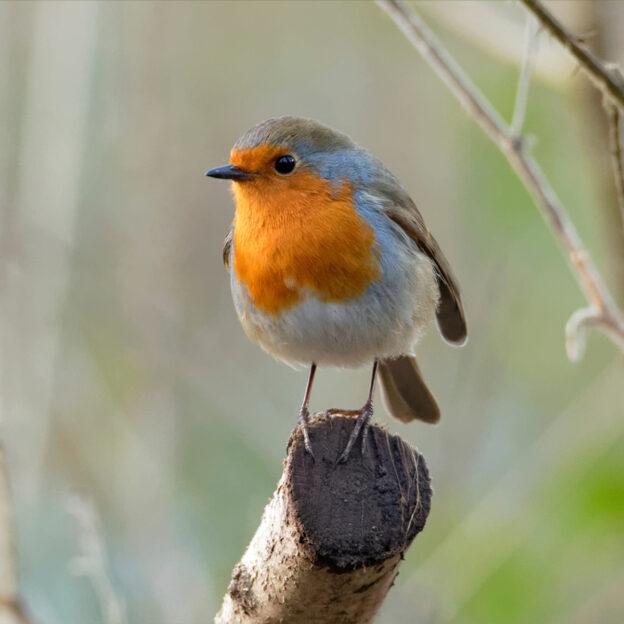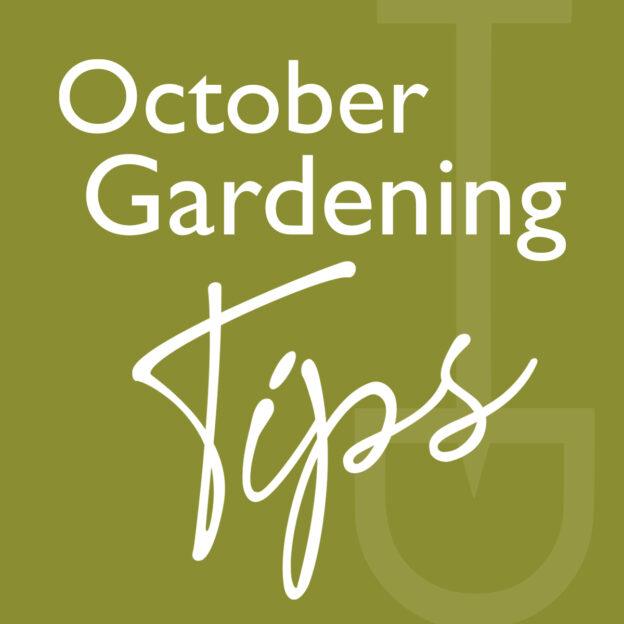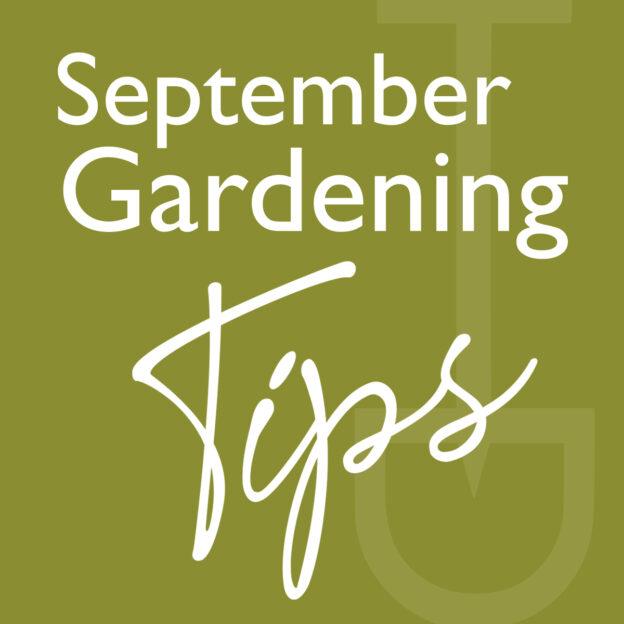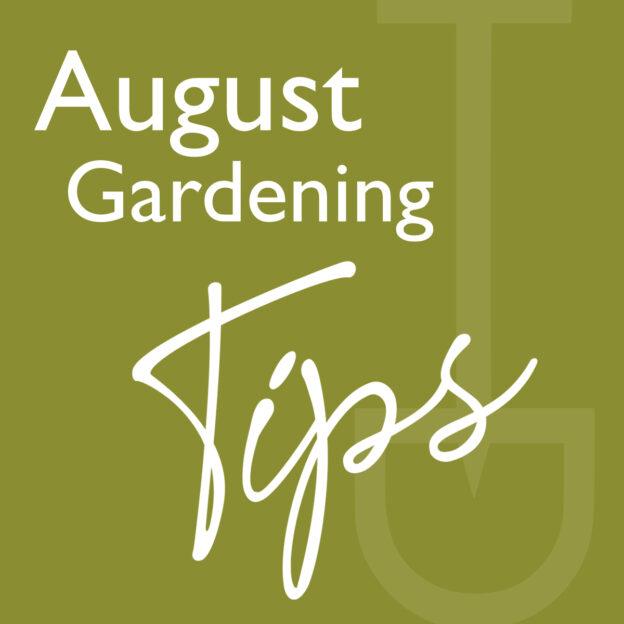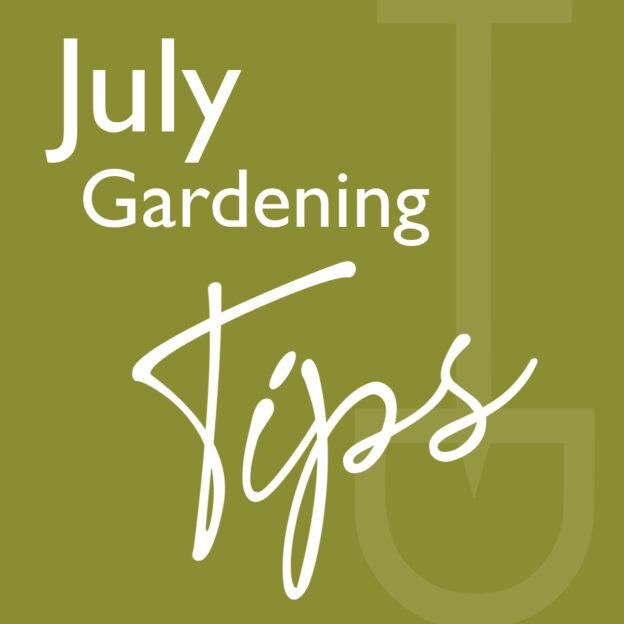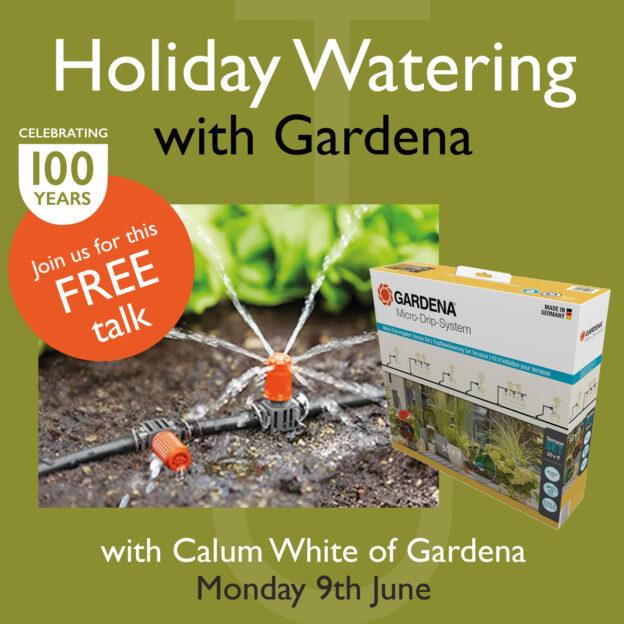November brings shorter days, frosty mornings and a calm stillness over the garden. The riot of autumn colour fades, the leaves fall and the growing year winds down. Yet this is far from a month of rest for gardeners; it’s a time of vital preparation, gentle maintenance, and small but satisfying jobs that set the stage for a thriving garden next spring.
Whether you’re tending a cottage garden, a vegetable patch, or a small urban plot, here’s your comprehensive guide to November gardening, including what to do, how to do it, and what to buy to make your tasks easier and more enjoyable
1. Preparing the garden for Winter:
What to do:
– Lift dahlia and canna tubers once the foliage has been blackened by frost. Shake off the soil and let them dry before storing them in a frost-free place (like a garage or shed) in trays filled with dry compost or sawdust.`
– Bring in pelargoniums and other tender potted plants to a greenhouse, conservatory or sunny windowsill.
– For borderline-hardy plants that must stay outside, such as tree ferns or agapanthus, cover their crowns in horticultural fleece and wrap bubble wrap around their pots.
– Remove fallen leaves from around the base of any rose bushes which suffered from blackspot or rust this summer, to reduce the chance of reinfection next year.
– Cut a few stems of holly with berries for making Christmas garlands. It’s early, but now’s the time to do it before the birds eat the berries. Stand them in a bucket of water in a sheltered spot where birds can’t take them.
Top buys:
– Horticultural fleece – lightweight yet effective frost protection. We sell them in rolls or you can buy as little as a metre from our giant roll.
– Wooden plant labels and markers – to keep track of stored bulbs and tubers.
– Ventilated storage trays for bulbs and tubers.
2. Clearing and Composting
Why it matters… November is prime time for a thorough tidy-up — but not too thorough! Many insects, amphibians, and hedgehogs rely on fallen leaves and plant debris for winter shelter.
What to do:
– Rake leaves from lawns and paths, but pile some in a quiet corner or behind a shed to make a wildlife-friendly leaf heap.
– Add the rest of your leaves to a compost bin or dedicated leaf-mould bag. Leaf mould takes time to break down but creates fantastic organic matter for future use.
– Cut back faded herbaceous perennials (except those with attractive seed heads or that provide bird food, like rudbeckias and echinacea).
– Pull up spent (finished) annuals (such as petunia, lobelia & nemesia) and add them to the compost heap.
Top Buys:
– Sturdy garden leaf rake
– Reusable garden waste bags or a collapsible pop-up garden bin.
– Compost activator (like Garotta) to speed up decomposition in your compost bin.
Top Tip:
– Leave ornamental grasses and seed heads for winter interest and wildlife shelter. Frosted seed heads look magical on crisp mornings.
3. Caring for the Lawn
Why it matters…Lawns don’t need much mowing in November, but they do benefit from a bit of TLC before winter sets in.
What To Do:
– Rake up fallen leaves regularly so the grass can breathe.
– If the lawn is waterlogged, avoid walking on it, it can cause compaction.
– For persistent moss, apply an autumn lawn feed and moss killer.
– Sharpen mower blades and clean equipment before putting them away for the winter.
Top Buys:
– Miracle-Gro Autumn Lawn Care – Fortifies your lawn for the colder months ahead.
– Lawn aerator or hollow-tine fork – to relieve compaction and improve drainage.
– Storage oil or blade sharpener for mower maintenance
Top Tip:
– Raise mower blades to their highest setting for a final light cut if the weather allows — just to tidy the surface.
4. Pruning and Tree Care
Why it matters…Late autumn pruning helps keep trees, shrubs, and roses healthy, but timing is everything.
What To Do:
– Roses: Prune hybrid teas and floribundas lightly to prevent wind rock, but save hard pruning until late winter. Remove about one third to a half of the height.
– Fruit trees: Now is the time to prune apples and pears.
– Deciduous trees and shrubs: Remove dead, diseased, or crossing branches.
– Tidy up your strawberry plants cutting off any dead leaves and removing runners.
Top Buys:
– Bypass secateurs (Felco No. 2) for precise pruning.
– Long-handled loppers for thicker branches.
– Tree ties and soft garden wire to secure young trees and climbers.
– Pruning saw for mature trees and shrubs
Top Tip:
– Always clean and disinfect pruning tools after use to prevent spreading diseases like canker and rose black spot.
5. Planting for Spring
Why it matters…Despite the chill, November is a busy planting month — especially for bulbs, fruit bushes and hardy shrubs.
What To Do:
– Plant spring bulbs like tulips, daffodils, crocuses, and alliums before the ground freezes. Tulips, in particular, benefit from November planting as cooler temperatures reduce the risk of fungal disease. We still have bulbs available but hurry as some varieties have already sold out.
– Plant soft fruit plants later this month while they are in their dormant state. Plants like currants and raspberries.
Top Buys:
– Bulb planter – to speed up planting in heavy soil.
– Bonemeal or bulb fertiliser – to encourage strong root growth.
– Soft Fruit plants
Top Tip:
– When planting bulbs, remember the “three times depth” rule – plant each bulb about three times as deep as its own height.
6. Looking After the Veg Patch
Why it matters…While most vegetables have finished for the year, there’s still plenty to do in the kitchen garden.
Things To Do:
– Harvest remaining crops like leeks, cabbages, kale, and parsnips (they actually taste sweeter after a frost).
– Clear away dead plants and dig over bare beds to expose pests like slugs and larvae to the cold.
– Add organic matter such as compost or well-rotted manure to replenish nutrients.
– Plant garlic, shallots, and broad beans for an early spring crop.
– Protect winter salads and herbs with cloches or fleece tunnels.
– Place a scaffold plank on the ground along the main access route into your plot. This allows access but prevent the soil compacting as you walk across it.
– Check stored potatoes and remove any that are rotting. Use hessian sacks to store your potatoes to allow the crop to breathe.
Top Buys:
– Cloches or mini tunnels to protect plants
– Organic compost or farmyard manure.
– Overwintering garlic sets
Top Tip:
– Lay cardboard or plastic sheeting over bare beds to suppress weeds and protect soil structure over winter.
7. Wildlife and Pond Care
Why it matters… November is a crucial month for supporting garden wildlife as they prepare for the cold.
What To Do:
– Feed the birds with high-energy foods like fat balls, sunflower hearts, and peanuts.
– Clean bird feeders regularly to prevent disease.
– Leave leaf piles or log stacks for hedgehogs and insects.
– Cover ponds with netting to keep out falling leaves, and make sure wildlife can escape easily if they fall in.
– Float a ball or bundle of sticks in the pond to prevent it from freezing over completely.
Top Buys:
– Wild bird food mixes and fat balls.
– Hedgehog houses and insect hotels (or make your own as an autumn activity).
Top Tip:
– Avoid strimming long grass or leaf piles — you might have a hedgehog sleeping underneath!
8. Greenhouse and Shed Maintenance
Why it matters…A little effort now will save headaches later!
What To Do:
– Clean greenhouse glass inside and out to maximise winter light.
– Check heaters and ventilation systems.
– Insulate with bubble wrap to retain heat.
– Organise tools, pots, and seed trays in your shed, and treat wooden structures with a preservative before damp sets in.
Top Buys:
– Greenhouse bubble insulation ( we sell this in rolls or by the metre from our giant roll)
– Greenhouse Thermometer.
– Greenhouse heater or heated propagator for tender seedlings.
– Wood preservative or shed paint.
Top Tip:
– Keep a bucket of sharp sand mixed with a little oil to dip tools in – it cleans and prevents rust.
9. Planning Ahead
Why it matters…November is the perfect time for reflection and planning. The quieter days are ideal for imagining changes and new projects.
What To Do:
– Review what worked and what didn’t in your garden this year.
– Sketch new border layouts and plan vegetable rotations (it is always good to rotate your crops to maintain soil health and control pest and diseases)
– Clean and store seed trays and pots for next year.
Top Tip:
– Buy your seeds early to get the best choice – many popular varieties sell out fast by January.
10. Bringing Beauty Indoors
Why it matters…Finally, don’t forget to enjoy your garden from inside during the darker months.
What To Do:
– Cut stems of evergreen foliage, berries, or seed heads for simple indoor arrangements.
– Pot up paperwhite narcissus, amaryllis, or hyacinths for winter blooms. These are all available from the garden centre now.
– Later in the month make a Christmas wreath using trimmings from your own garden.
Top Buys:
– Bulbs for forcing (paperwhites, amaryllis, hyacinths).
– Decorative pots or glass vases.
– Wreath-making kit (wire base, floristry wire, moss).
Top Tip:
– Scented bulbs like hyacinths or paperwhites bring cheer to even the gloomiest November days they also make great Christmas gifts.
Final Thoughts
November in the English garden is a month of quiet productivity — a time to protect, plan, and prepare. The work you do now lays the foundation for a beautiful, thriving garden next spring. While the chill may bite, there’s deep satisfaction in tidying the beds, tucking plants safely away, and imagining the blooms to come.
So wrap up warm, pull on your gloves, and head out into the misty air. The birds will thank you, your soil will flourish, and your spring self will be immensely grateful for every thoughtful task you complete this November.
Happy gardening!

